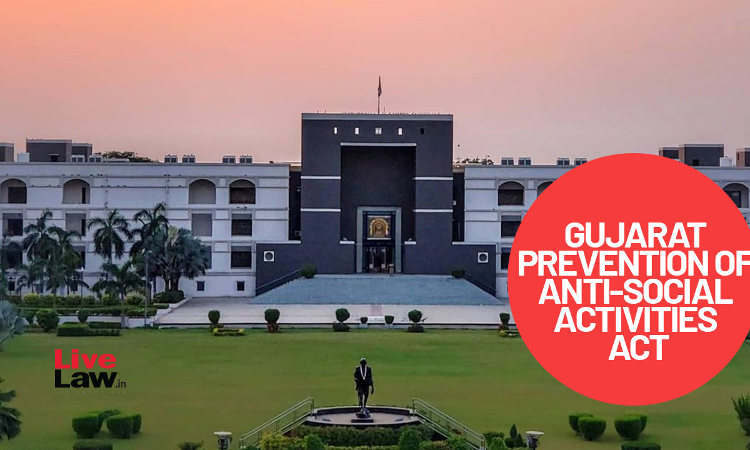Numerous Preventive Detention Orders Passed Day In & Day Out Relying On "Stale Material": Gujarat High Court Grants Relief To NDPS Accused
PRIYANKA PREET
3 Aug 2022 11:47 AM IST

Simplicitor registration of FIR/ by itself cannot have any nexus with breach of public order.
Next Story


